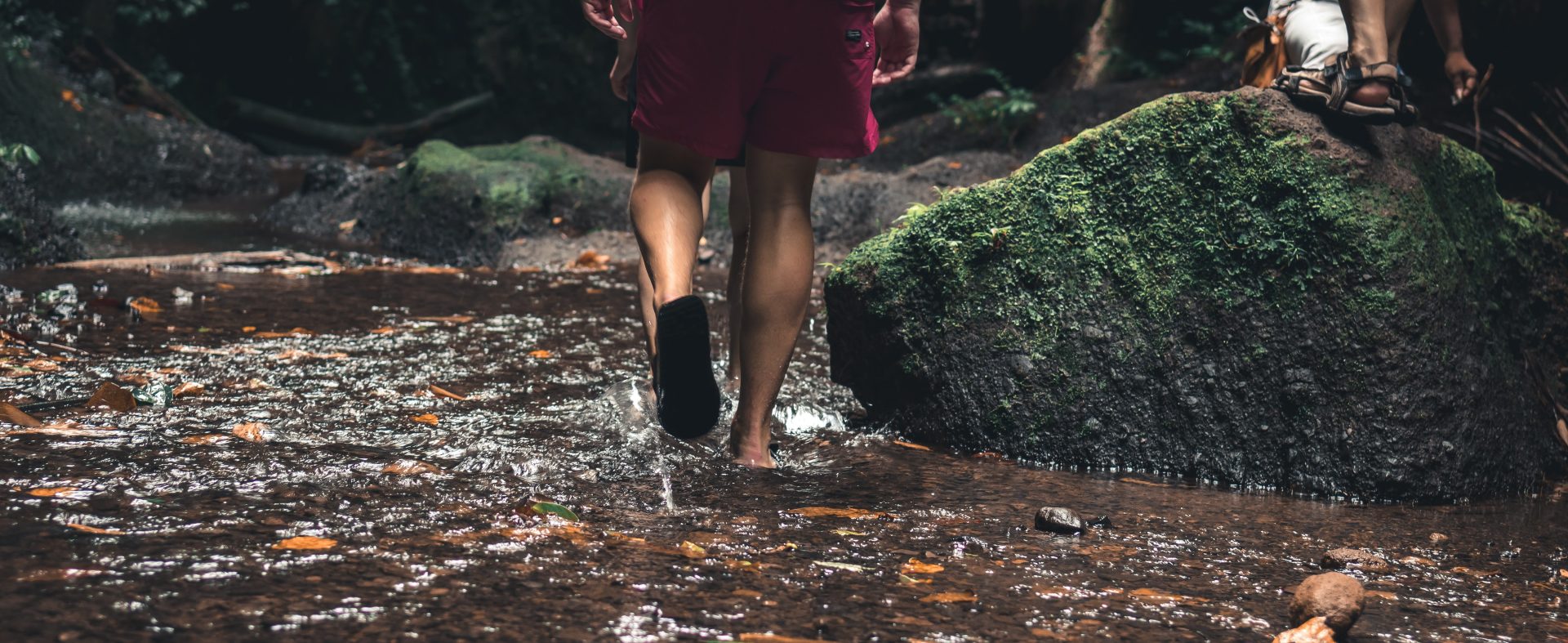
Pathfinder Graduate Student Fellowship
Take your graduate research beyond, "one site, one view."
Graduate training in water science often focuses on a single field site or analytical approach. The Pathfinder Fellowship program provides travel funds to graduate students in hydrology and related sciences to make an extended trip to enhance their research by adding a field site to conduct comparative research, collaborating with a research group, or working with researchers on adding an interdisciplinary dimension to a project. Fellowships are awarded to cover travel costs of up to a maximum of $5,000.
Questions regarding the Pathfinder Fellowship Program should be directed to email hidden; JavaScript is required.
Application Information
The Pathfinder Application consists of:
- 2-page CV
- A research statement (recommended 3 – 5 pages) describing the proposed research*
- A one-page proposed budget, including justification
- Letter of Endorsement/Commitment from the Applicant’s Advisor
- Letter of Collaboration/Commitment from the Proposed Host
The Pathfinder Application process is completed online through Proposal Space. You can save your application in progress and return to it later, but all required documents must be entered before submitting. All required information must be submitted by the application deadline.
*The research statement should also include a brief Data Management Plan, which describes how you plan to obtain, store and disseminate data products results from the fellowship.
The proposal will be evaluated based on five aspects: 1) Background, 2) Research Plan, 3) Applicant Training, 4) Data Management Plan, and 5) Broader Impacts. Applicants should consider the following questions while preparing their proposals.
1. The degree to which the proposed activities at the second site are required to address the research question being posed. Could this research be carried out “closer to home” or without the travel?
2. Are the proposed activities at the second site sufficient to address the research question?
3. Does the student have the necessary background knowledge/training/experience to take full advantage of this activity?
4. Is the level of effort appropriate for the proposed timeline?
5. Will additional resources be required to fully integrate this experience? If so, is there evidence that the student and mentors are aware of and have planned for this?
6. Does the relationship with the mentor at the second site appear to be sufficiently robust to provide the opportunity for a meaningful and successful interaction?
7. Will the Data Management Plan be effective in preserving and disseminating resulting data products?
8. Are the broader impacts of the applicant's work clearly outlined and explained? Here is how the NSF defines broader impacts.
- The application window has closed for 2025
- The application process is completed online through ProposalSpace. You must create an account with Proposal Space to submit your application. There is no fee for submitting. You can save your application in progress and return to it later, but all required documents must be entered before submitting. All required information must be submitted by the application deadline.
Eligibility. Graduate students enrolled in a U.S.-based college or university are eligible to receive a Pathfinder Fellowship.
Grant conditions. Up to $5,000 Fellowships are available for travel reimbursement for the awardee only. Fellowship funds may not be used to purchase supplies or equipment or to support travel by others (e.g. advisors or other project personnel). Support for this Fellowship will be provided on a reimbursement basis in accordance with the CUAHSI Travel Policy. One-third (1/3) of the budgeted funds may be requested as an advance to cover large initial expenses.
CUAHSI Code of Conduct compliance. Fellows are required to comply with CUAHSI's Code of Conduct and complete a Disclosure Form upon award.
Deliverables
- Final Report: Recipients are required to submit a final report that documents the significant outcomes of the sponsored activities to receive full reimbursement.
- Dissemination: Recipients are expected to develop and execute a plan for disseminating their research results, including the archiving and publication of any data collected.
Some examples of the types of projects that the Pathfinder Fellowships have support in the past are:
- Travel to another university to conduct experiments to test hypotheses related to the fellow’s thesis work using a sediment lab and equipment not available at his home university, and to work with an expert on sediment transport.
- Travel to conduct experiments at a site fundamentally different than the fellow’s own home research site (an “unrestored” stream vs. a restored stream) to test two different measurement techniques and better understand the impact of stream restoration projects.
- Travel to conduct complementary field research and to collect data to better understand global environmental conditions (eg, the study of black carbon in the Arctic as compared to the Antarctic).
- Travel to an experimental watershed for a graduate student who was using the data being collected and developing a model for the watershed to see the field data collection, and work directly with the field scientists collecting the data she was using.
Hear what Jewell Lund, PhD student at the University of Utah, a 2018 Pathfinder Fellowship recipient has to say about the benefits this award had on her research:
Joseph Wasswa, a graduate student at Syracuse University, was awarded a Pathfinder Fellowship in 2018. In this video, he shares the impact that this award had on his research and his graduate school career:
